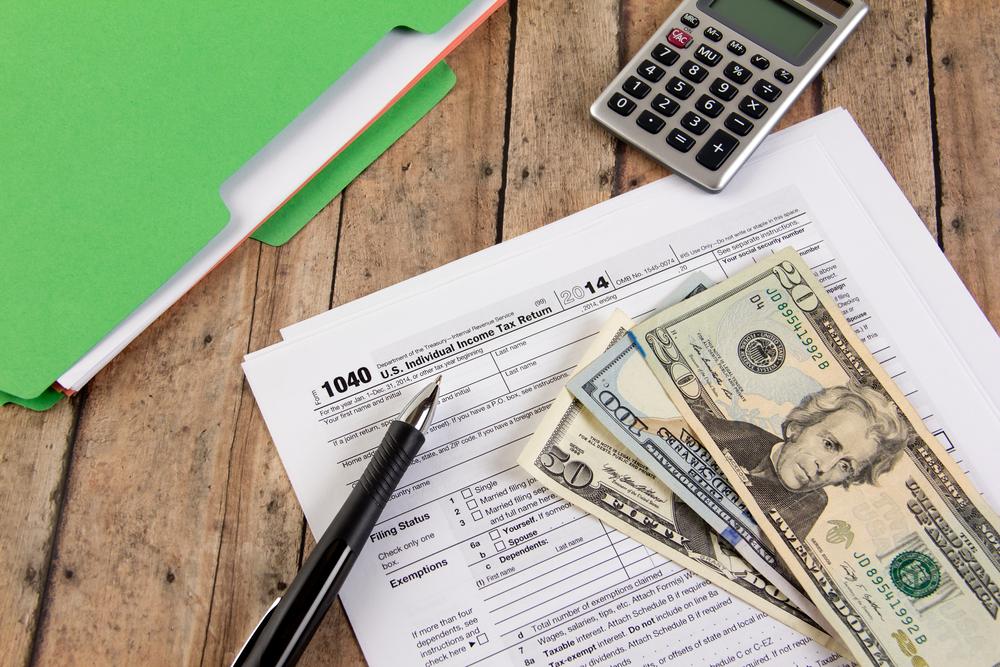Proven Strategies for Building an Effective Personal Budget
Learn practical and proven methods to design an effective personal budget. This guide covers organizing financial documents, differentiating fixed and variable expenses, tracking income and spending, and forecasting future financial needs. By adopting these strategies, you can improve savings, manage debts better, and reach your financial goals. Staying disciplined with budgeting and tracking will lead to greater financial stability and growth. Follow the tips for smarter money management today!
Sponsored

Many individuals tend to spend at the same rate as their income, leading to limited savings or debt accumulation. To prevent this, creating a well-structured personal budget is crucial. An effective budget aligns income with expenses, helping achieve financial goals gradually. Below are key steps to craft a realistic plan that promotes savings and financial stability.
Gather and Organize Financial Documents
Collect bank statements, receipts, utility bills, and investment records. These documents reveal your income sources and spending habits, providing a clear overview of your financial situation, essential for realistic budgeting.
Understanding your income and expenses is pivotal for effective budgeting. Record all income streams, including irregular or multiple sources. For salaried employees, net income typically serves as a reference point, while self-employed individuals should calculate their actual earnings.
Differentiate Between Fixed and Variable Expenses
Categorizing expenses simplifies budgeting. Fixed costs—such as rent, mortgage, or internet bills—remain constant, requiring minimal adjustments. Variable expenses, like dining out or entertainment, fluctuate monthly and need closer monitoring. Recognizing these patterns helps optimize spending to boost savings and accelerate debt repayment.
This method serves two purposes: first, it enhances savings and clears debts faster. Second, it enables you to determine your remaining disposable income, which can be channeled into savings or investments. Increasing income sources is also worth exploring for better financial growth.
Monitor and Review Your Financial Activity
Regular tracking of your income and expenses ensures your budget remains aligned with your financial goals. Set aside dedicated time for review to identify spending patterns and areas for improvement. Anticipating future income or expenses helps refine your budget, facilitating better financial management over time.
Personal finance is about managing expectations and planning for the future. Staying informed about current financial trends and updates can greatly improve your budgeting effectiveness. Follow us on Facebook and Twitter for the latest insights on investments and personal finance.






